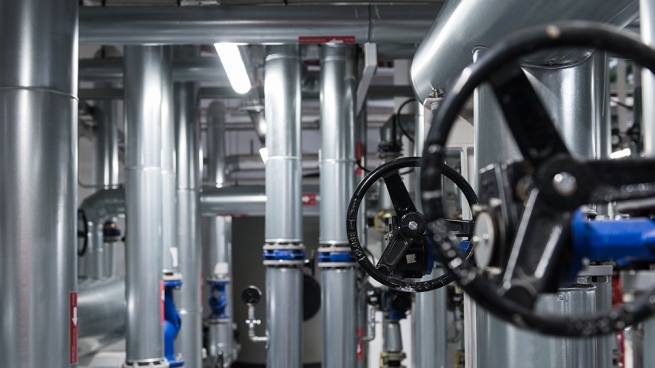Wholesale prices in Germany rose 45.8% year-on-year in August, the biggest rise since 1949, driven by electricity and natural gas in the aftermath of the war between Russia and Ukraine, the German Federal Statistical Office (Destatis) reported.
Thus, wholesale prices continue in an upward trend in the main European economy: in August, the rise had been 37.2% per year and in July 32.7%.
If compared to the previous month, prices in August increased by 7.9%, and the increase is due, above all, to the increase in the value of energy, which rose 139% in one year and 20.4% compared to July.
In this framework, distributors had to pay 278.3% compared to a year ago for electricity and 209.4% in the case of natural gas.
Similarly, the cost of mineral oil products (37.0%) and motor fuels (27.3%) also rose.
In any case, even if energy were removed, wholesale inflation would have been 0.4% per month and 14% per year, a number that more than triples that registered (3.6%) when restrictions began to be lifted due to the coronavirus pandemic, in March 2021.
This occurs because the increases spread to various areas of the economy: intermediate goods rose 17.5% annually in August while capital goods -which includes machinery and industrial equipment- did so by 7.8%.
According to Destatis, among intermediate goods -used to make final goods destined for sale-, the ones that increased the most were metals (19.9%) and the values of basic chemicals, fertilizers and nitrogen compounds (32. 9%), with ammonia -used for the production of fertilizers- rising 175.9%.
Another input with strong rises is food prepared for farm animals, which rose 37.6%.
The increases are also reflected in the wholesale gondolas with an increase in food of 22.3%, especially in butter (74.6%), vegetable oils (35.3%) and other dairy products.
Durable goods, meanwhile, rose 10.9% with an advance of 13.2% in furniture.
The rises in wholesale prices had a full impact on retail values, which reached an annual 7.9% in the same month of August, standing slightly above the 7.5% in July, and despite the application of relief measures such as the launch of a monthly payment of 9 euros to travel by bus and train throughout the country, and discounts on fuel.
For its part, in France, the Consumer Property Index (CPI) was 5.9% in August, but was also affected by wholesale prices, according to DPA.
The rise in oil prices stood out, slowing down its growth by more than 10 percentage points, with growth of 28.7%.
Meanwhile, energy prices in French territory increased their rate of decline, with a drop of 3.9%, after the 1.3% drop in July.
In the United Kingdom, year-on-year inflation stood at 9.9% in August, according to data published by the British Office for National Statistics (ONS).
In this case, the cost of energy experienced a drop of six tenths, up to a year-on-year rise of 69.7%.
This is the lowest increase in energy prices in the last four months, in such a way that the interannual rate of subjacent inflation, which excludes food, energy, alcohol and tobacco prices from the calculation, stood at 6.3% in August , one tenth more than in July.
According to the advanced inflation data for the eurozone, prices in the nineteen countries as a whole rose at a record rate of 9.1% in August.
Spain, beyond the fact that in August inflation fell to 10.4%, suffers from an increase in electricity bills, according to the European Statistical Office (Eurostat).
In this sense, the bill paid by Spanish households rose more than 60% in August compared to the same month of the previous year, while in France it rose by 7.7% and in Germany by 16.6%, Eurostat specified.








